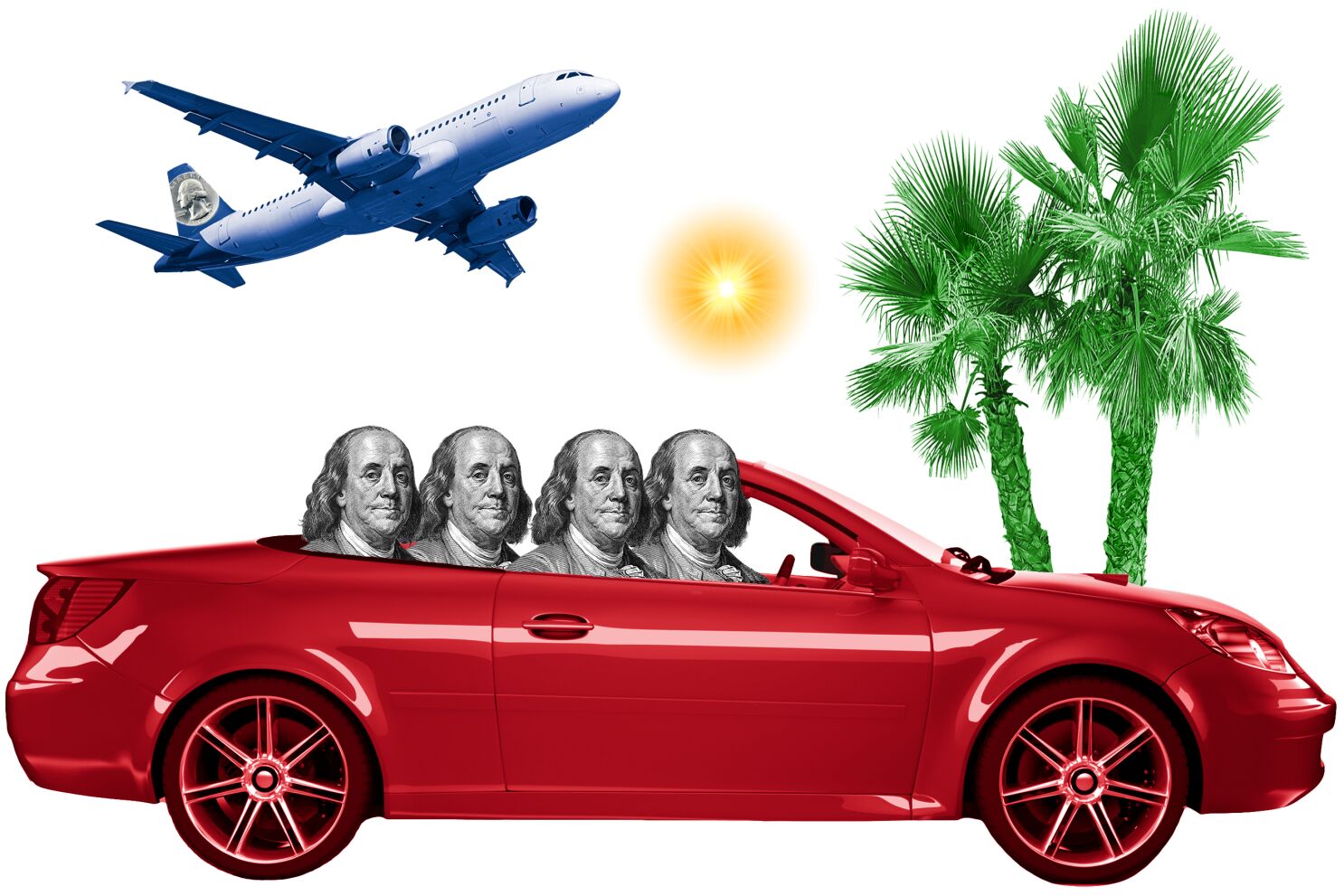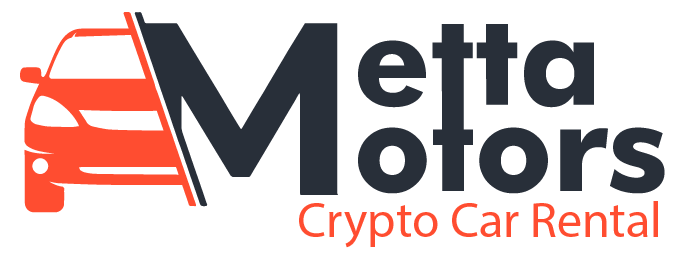
Early returns — Some companies may charge a fee if you return the car more than 24 hours before your reservation ends. If you have to return the car early, call the company to talk to an agent.
Late returns — Many companies won’t charge you extra if you’re late returning a car by less than 30 minutes. But you still may have to pay a full day’s charge for optional items, like liability coverage. If you’re running late, find out if it’s cheaper to pay the late charges or extend your reservation.
Airport surcharges — Renting a car at the airport can be expensive. Surcharges can apply even when a rental company shuttles you to their off-site lot.
Gas — Most companies require you to return your rental with a full tank of gas. If you don’t, you’ll be charged the rental company’s price for gas, which is usually more expensive than what you’d pay at a local station. Some companies may offer to let you prepay for a full tank of gas so you don’t need to stop for gas before you return the car. This may add convenience but could also be more expensive than filling up yourself, especially if you return the car with plenty of gas that you already paid for.
Mileage — Most companies offer unlimited miles, but there may be daily limits, depending on the type of car you rent (for example, some SUVs or high-performance cars). It helps to know about how far you plan to drive. That way, you can choose the company that offers the best mileage terms.
Taxes — Before making your reservation, review your quote carefully to confirm that required state, city, or county taxes and other fees, like a “vehicle licensing fee” or an “energy recovery fee,” are included to avoid surprises later.
Tolls — Most companies offer ways to pay tolls automatically with devices, but that comes at a cost. The company might:
- charge you a service fee for every day of your rental — even if you don’t use the service again. There’s usually a maximum dollar amount for the rental period.
- add a service fee each time you pay a toll with the device, meaning that you pay the toll and an additional fee.
- offer the device for a set fee for the entire rental period, which covers all tolls you pass through. But that means you pay for the device, even if you don’t go through any tolls.
Roadside assistance — Ask if this service is included in the base price of your rental car or if you have to pay extra. If there’s a fee, find out what it covers — for example, if you have a flat tire, dead battery, or lock the keys in the car. If you belong to an auto club, check to see if your membership includes free or low-cost roadside assistance. You can also check if your credit card (assuming use it to pay for the rental) or your auto insurance may had roadside assistance for rentals.
Out-of-state charges — Most companies will let you take your rental out of state, but some may charge extra.
Drop-off fees — It may be expensive to return your rental to a different place than where you picked it up.
Equipment-rentals — If you want extra items, like a car seat, or ski or bike racks, it will cost you. Reserve these items in advance to make sure they’ll be available.
Additional drivers — Some companies charge to add another driver to your contract.
Underage drivers — The minimum age to rent a car is 25. However, most major car rental companies allow younger people to drive a rental for a fee.
Coverage Options
Insurance — Rental car companies usually offer drivers additional insurance coverage options for a price. They say you can limit your liability while driving their car if you buy their coverage. But you may already be covered by your car or homeowner’s insurance. Check your policies, and call your insurance company if you’re not sure about coverage. If you’re traveling on business, you may be covered by your employer’s insurance. Some credit card companies and auto clubs include free rental protection when you use their cards to pay for rentals.
Waivers — Rental companies also may try to sell you a Collision Damage Waiver (CDW) or a Loss Damage Waiver (LDW) that guarantees the rental company will pay for damages to your rental car. But unlike collision insurance, a waiver won’t pay for any injuries to you or damages to your personal property. Check your health insurance policy. It might offer protection that CDW coverage doesn’t.
Some credit cards also offer CDW when you use them to pay for the rental.
If you don’t buy a CDW or aren’t covered by your personal car insurance, you’re responsible for any damages to the rental — sometimes the full value.
If you buy CDW, your coverage could be canceled if you damage the car while driving recklessly or under the influence of alcohol or drugs. The coverage also could be canceled if you let an unauthorized person drive the rental.
Debit and Credit Card Blocking
Most rental companies place a hold — or a block — on your debit or credit card for more than the agreed on rental cost. That’s to protect themselves from possible charges beyond the amount that was authorized. Companies do this to make sure there’s enough money or credit available to pay for your final bill. They won’t process the blocked amount if you return the car as promised in your rental contract. If you’re near your credit limit or you have a low balance in your bank account when a block is placed, your card could be declined for additional purchases.
